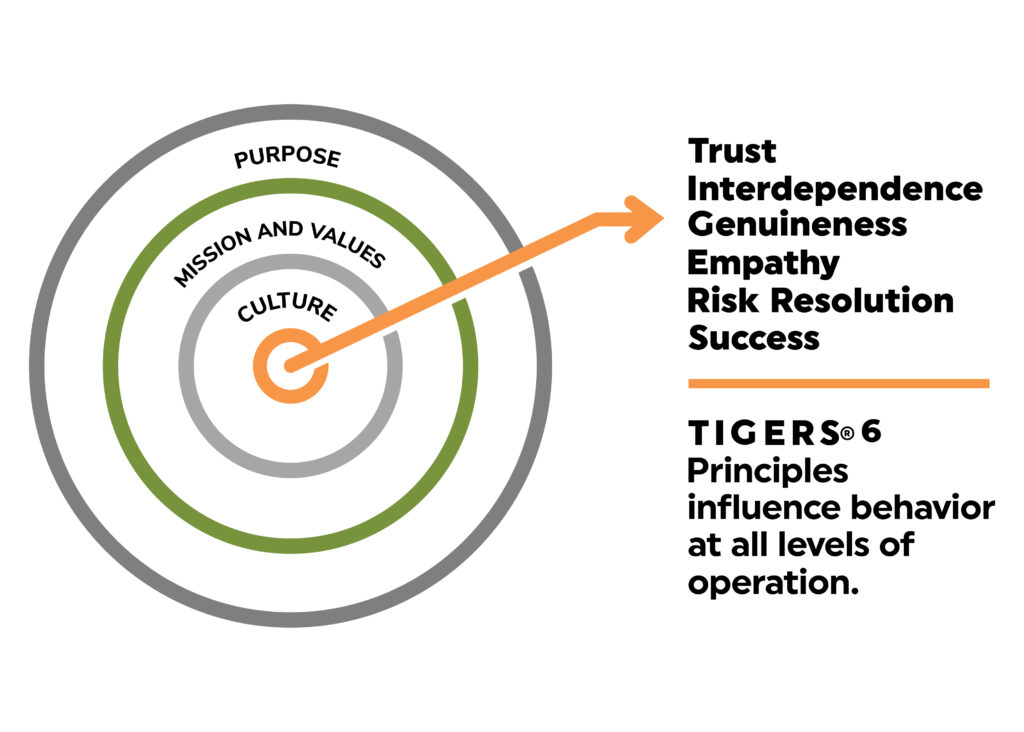Human-centric skills, also known as soft skills or interpersonal skills, are the abilities that enable humans to effectively interact and engage with others. These skills focus on personal attributes, communication, and relationship-building. They help people navigate social dynamics, collaborative group process and contribute to a positive work environment.
As more organizational leaders come to grips with the ethical issues of artificial intelligence and what it means for their employees and their personal career, the good news is that human-centric skills are in high demand now and will continue into the future. In the realms of strategy, workflow and innovation, there are human-to-human ways to protect your career from advancements in AI.
Take Sarah for example. In the rapidly evolving technological landscape, Sarah found herself working as a customer service representative for a large e-commerce company.
With the rise of AI-powered chatbots and automated customer support systems, Sarah started feeling concerned about the future of her career. She realized that to insulate herself from AI, she needed to leverage her interpersonal skills and focus on ethical decision-making.
How Sarah achieved her goals in a human-centric way
Sarah understood that the ability to effectively interact and engage with others, communicate, build relationships and navigate social dynamics to collaborate with others are skills that set humans apart from robots. So she decided to build her skills to contribute to a positive and collaborative work environment.
One day, Sarah received a customer complaint regarding a faulty product that caused minor injuries. The automated system suggested offering a generic apology and a small refund. However, Sarah recognized the importance of empathy and personalized service. She took the time to carefully listen to the customer’s concerns, expressing genuine empathy for their experience.
Drawing on her communication skills, Sarah assured the customer that their safety was paramount and promised to take immediate action. She carefully documented the incident and escalated it to the appropriate department. She went beyond the automated system’s suggestions. Recognizing the ethical implications, Sarah understood that simply offering a refund wouldn’t address the root problem and might lead to more dissatisfied customers in the future.
Sarah collaborated with the product development team to address the quality issue, providing valuable insights from customer feedback. She advocated for changes in the quality control process and emphasized the importance of customer safety. Her leadership skills shone through as she effectively communicated the urgency of the situation and the potential impact on the company’s reputation.
By combining her soft skills with ethical decision-making, Sarah not only resolved the customer’s issue but also contributed to a positive change within her organization. As a result, the company made improvements to their product quality, enhancing customer satisfaction and trust.
Sarah’s dedication to providing personalized service, her ability to empathize, and her commitment to ethical decision-making set her apart from the capabilities of AI. Her focus on the human element helped her build strong relationships with customers and demonstrated her value in a technology-driven environment.
Sarah’s career going forward
Over time, Sarah’s reputation for ethical decision-making and human-centric skills spread within the company. She was given the opportunity to lead a team of customer service representatives, providing guidance and coaching on how to handle complex customer issues with empathy and integrity. Her career thrived as she became a trusted advocate for both customers and colleagues, insulating herself from the potential impact of AI.
This story highlights the importance of leveraging soft skills, also known as human-centric skills, and ethical decision-making in the face of AI. By embracing empathy, effective communication, collaboration, and ethical considerations, people can carve out a meaningful and irreplaceable role in their organizations, safeguarding their careers against the encroachment of automation.
Care to take this conversation deeper?
The following resources and training develop human-centric leadership abilities:
- The Importance of Employee-Focused Leadership in Today’s Workplace
- TIGERS 6 Principles Leadership Essentials
- A good article that explains learning circles for training transference can be found here: A system approach to training that sticks
- Complimentary 30 minute on demand webinar on the TIGERS 6 Principles
- Turnkey training with repeatable resources and templates for coaches, consultants and managers for facilitating conversations with groups of employees on the behaviors that build effective teams and the behaviors that cause predictable problems.
Copyright TIGERS Success Series, Inc. by Dianne Crampton


The TIGERS 6 Principles empower Executives and Consultants with a comprehensive collaborative work culture and leadership system to resolve avoidable talent, engagement and work community problems that stunt growth.
A researched and validated collaborative work culture and facilitative leadership model, licensing is available for HR Executives, Operations and Project Managers, Consultants and Coaches to improve their operations and client success.
Schedule a call to secure a tour of the comprehensive TIGERS 6 Principles system.
Want more tips like these? Receive our newsletter to have insights delivered right to your mailbox.
